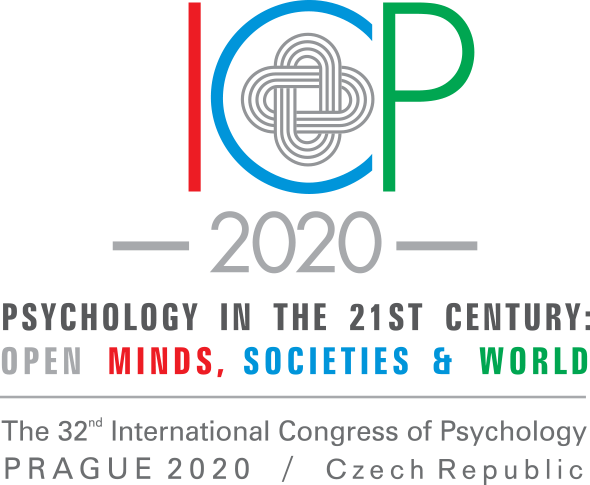

Sylvia Xiaohua Chen


Speech title:
Toward Global Consciousness: Current Studies and Future Directions
Sylvia Xiaohua Chen is a Professor at the Department of Applied Social Sciences and an Associate Dean in the Faculty of Health and Social Sciences at the Hong Kong Polytechnic University. Currently, she is President-Elect of the Asian Association of Social Psychology. She served as an Associate Editor of Journal of Cross-Cultural Psychology and Asian Journal of Social Psychology. She was a recipient of Early Career Award conferred by the International Association for Cross-Cultural Psychology, Michael Harris Bond Award for Early Career Research Contributions and Jung-heun Park Young Scholar Award conferred by the Asian Association of Social Psychology, and the Humanities and Social Sciences Prestigious Fellowship Scheme awarded by Research Grants Council, Hong Kong. She also received several academic awards from the American Psychological Association Division 52 (International Psychology).
Her research interests include the social psychology of bilingualism and biculturalism, personality and social behavior in cultural contexts, cultural diversity and mental health, and more recently, globalization and multiculturalism. To this end, she has published over 70 articles in refereed international journals and chapters in edited books, including Journal of Personality and Social Psychology, Personality and Social Psychology Bulletin, and Psychological Science.
Her research seeks to study individual differences in the psychological processes of acculturating to the globalizing world. Using the concepts of immigration-based acculturation and globalization-based acculturation, her work examines the patterns of cultural identity and contextualized personality arising from these two types of acculturation experiences among bicultural and bilingual individuals as well as the psychological adjustment and sociocultural adaptation of different acculturating groups. She and collaborators proposed the construct of global orientations and attempt to identify its components, antecedents, and consequences. Another line of her research focuses on generalized beliefs about the world, known as “social axioms.” In addition to testing its factor structure, construct validity, predictive power, and nomological network in cross-cultural studies, her research seeks to adopt a deductive approach to theorize about the cognitive processes underlying how social axioms work. She is also interested in conducting applied research to investigate sociocultural influences on illness behavior and help-seeking patterns, such as stress-distress relationship, and depressive symptomatology.